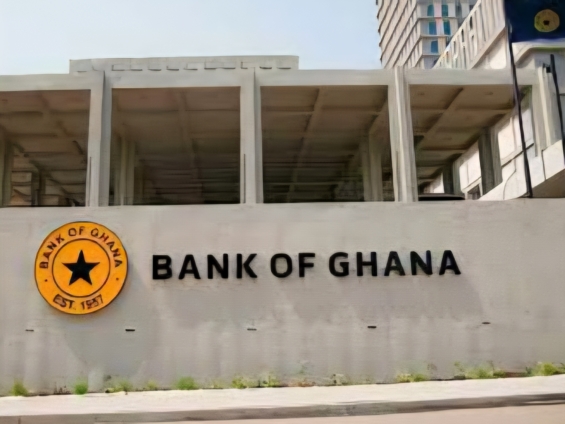The Institute for Energy Security(IES) is appealing to the government to restore the Tema Oil Refinery (TOR) in the shortest possible time amid the increasing fuel prices.
According to the IES, the public ought to be updated on the status of the negotiation between TOR and the strategic partnership announced some months ago, in respect of the time the refinery is re-commencing operation after several months of inactivity.
In a press statement issued on Thursday, the energy think tank said: “Government’s sudden appetite for imported fuels to address reliability and cost-related issues can best be described as reactionary, morally indefensible, misplaced priority, and a deliberate attempt to increase the fiscal burden of the Ghanaian economy. It must be stated forcefully that “the state is better off prioritizing local crude refining, instead of importation of refined products.
“Once more, the Institute for Energy Security (IES) wishes to appeal to the President to look within— bring back TOR in the shortest possible time, refine Ghana’s crude domestically, work to strengthen the local currency, and ensure an adequate amount of Dollars is made available to importers of fuel.”
The Tema Oil Refinery, which is Ghana’s first and only refinery, has not been operational for a while now due to many challenges.
Several Civil Society Organisations such as the Chamber of Petroleum Consumers, the Africa Centre for Energy Policy (ACEP), and the Institute for Energy Security (IES) have been at the forefront of calls on the government to do all it can to get the refinery back on its feet.
In January 2019, the government announced an ambitious plan to build a new oil refinery to replace the Tema Oil Refinery within the next three to four years.
The price of a liter of Diesel and Petrol has seen an astronomical increase of roughly 79 percent and 95 percent respectively.
Oil Marketing Companies (OMCs) increased fuel prices thrice in a single pricing window, a cumulative 46 percent for Diesel and 37 percent for Petrol.
Some Bulk Distribution Companies (BDCs) declined to release fuel to the Ghanaian market, forcing some companies to shut down temporarily.
What can be done to address the situation?
The COPEC-Ghana Executive Secretary told The Ghana Report, “We have a local refinery that we could have been leveraged to get some fuel security at lower prices, but unfortunately, we don’t think there is a political will to refurbish the Tema Oil Refinery”.
Mr. Amoah observed a fully functional refinery would cut the logistical cost, which adds to the price build-up by exporting crude to Europe to be refined before importing back to Ghana.
“The need to get TOR back on stream and the need for political interference to be stopped holds the key for all for us,” he underscored.
Additionally, he cited Bulk Oil Storage and Transportation Company Limited’s (BOST) failure in executing its mandate.
Mr. Amoah explained that BOST is supposed to store huge volumes of fuel and release them to the market to level prices and to check shortages “without overstretching the already burdened Ghanaian taxpayer”.
However, “we do not see that function of BOST, and they are now focusing on trading…which was not the purpose of the BOST Act but to hold strategic stock”.
















